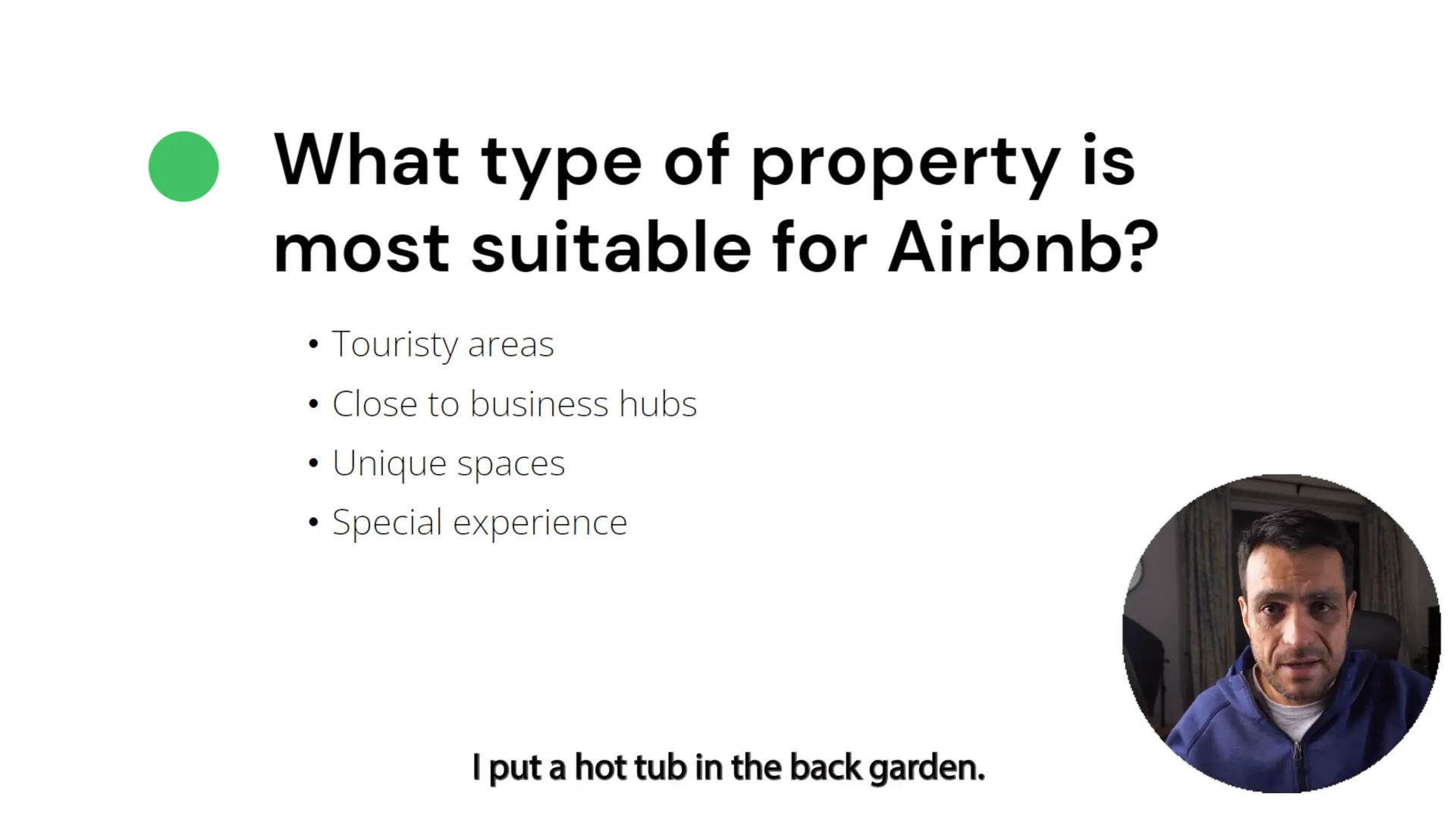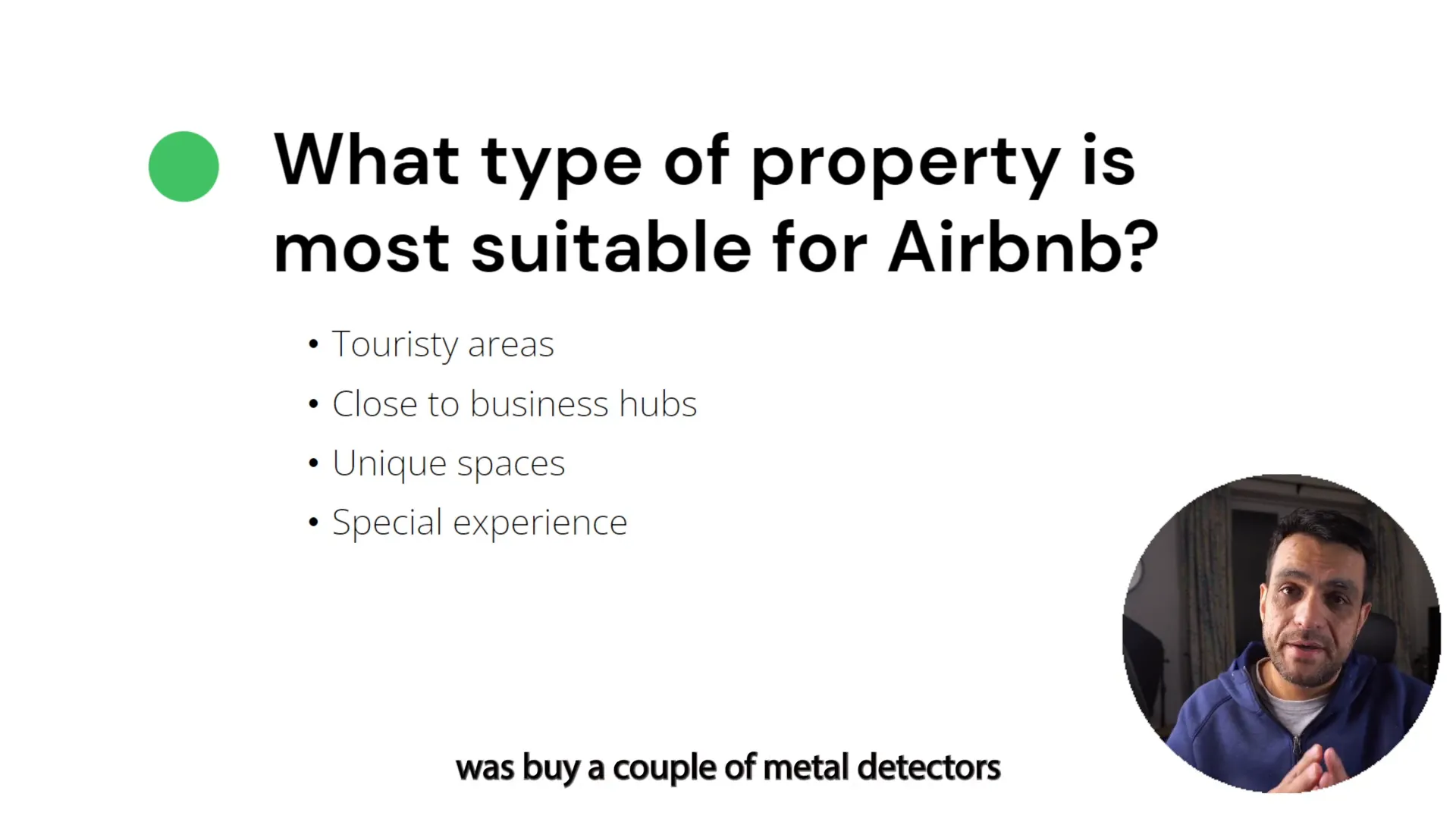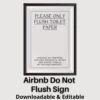If you’re considering becoming an Airbnb host, one of the most crucial decisions you’ll face is what type of property to offer. The right choice can make or break your hosting experience. In this guide, we will explore essential Airbnb hosting tips to help you find the perfect property and make it stand out, regardless of its location.
Table of Contents
- Step 1: Understand the Importance of Location
- Step 2: Make Your Property Special
- Step 3: Offer Unique Experiences
- Step 4: Leverage Local Demand
- Step 5: Create a Unique Selling Proposition
- Step 6: Invest in Quality Amenities
- Step 7: Optimize Your Listing
- Step 8: Set Competitive Pricing
- Step 9: Encourage Guest Feedback
- Step 10: Continuous Improvement
- FAQ
Step 1: Understand the Importance of Location
Location is often regarded as the most significant factor when it comes to Airbnb success. Properties situated in highly desired areas—like city centres, business hubs, or near popular landmarks—tend to attract a consistent flow of guests. However, what if your property isn’t in such a prime location?
Don’t fret! There are ways to make your property appealing, even if it’s not in the heart of the action. The key is to focus on unique features and experiences that can draw guests in.
Step 2: Make Your Property Special
If location isn’t your property’s strongest feature, consider adding something unique to enhance its appeal. Offering an experience alongside the stay can attract guests who are willing to travel a bit further for something extraordinary.
For example, a few years ago, I purchased a cottage about an hour’s drive from the city centre of Edinburgh. Many people doubted my decision, claiming that no tourists would go there. However, I added a hot tub to the back garden and created a romantic atmosphere by providing champagne and chocolates on arrival. This transformed the cottage into a sought-after getaway for locals celebrating anniversaries and birthdays.

Step 3: Offer Unique Experiences
Another example involves a gentleman I met who owned a 20-acre farmhouse that was quite uneventful. After struggling to get bookings on Airbnb for months, we brainstormed ideas and settled on offering a treasure hunt experience on his property. All it took was a couple of metal detectors, and the farmhouse became a massive hit with families looking for unique activities.

Step 4: Leverage Local Demand
Even if your property is in a less touristy area, locals can be your best guests. They often look for unique experiences, and if you can provide that, you won’t have to worry about bookings. Whether it’s a romantic getaway or a family-friendly adventure, catering to your local market can be incredibly rewarding.
Step 5: Create a Unique Selling Proposition
What sets your property apart from the competition? Whether it’s a stunning view, a unique design, or special amenities, make sure to highlight these features in your listing. Your unique selling proposition should be clear from the moment potential guests see your listing.
Think about what makes your property special—perhaps it’s a historic building, eco-friendly features, or proximity to nature trails. Whatever it is, ensure that it’s front and centre in your marketing.
Step 6: Invest in Quality Amenities
Guests appreciate amenities that enhance their stay. Consider what additional features you can offer to make their experience memorable. Hot tubs, fireplaces, or even unique decor can create a lasting impression. The more comfortable and enjoyable their stay, the more likely they are to leave positive reviews and return in the future.
Step 7: Optimize Your Listing
Once you’ve established what makes your property unique, it’s time to optimize your Airbnb listing. Use compelling language that resonates with your target audience. Be sure to include high-quality photos that showcase your property’s best features. Listings with great visuals tend to attract more bookings.
Step 8: Set Competitive Pricing
Pricing your property correctly is essential for attracting guests. Research similar listings in your area to understand the market rates. Ensure your pricing aligns with the amenities and experiences you offer. Remember, a fair price can lead to higher occupancy rates, especially if you’re providing unique experiences that guests can’t find elsewhere.
Step 9: Encourage Guest Feedback
After hosting, encourage your guests to leave feedback. Positive reviews can significantly boost your credibility and attract more bookings. If you receive constructive criticism, use it to improve your property and hosting skills. Show potential guests that you’re committed to providing an exceptional experience.
Step 10: Continuous Improvement
Lastly, always look for ways to improve your property and hosting experience. Stay updated on trends in the Airbnb market and adapt accordingly. Whether it’s introducing new amenities or changing your marketing strategy, being proactive can keep your property competitive and appealing.
FAQ
What type of property works best on Airbnb?
Properties in desirable locations with unique features or experiences tend to perform best. However, even less popular areas can succeed with the right offerings.
How can I make my property stand out?
Focus on unique selling points, such as special amenities, experiences, or a captivating design. Highlight these features in your listing.
Is it worth it to host on Airbnb?
Yes, hosting on Airbnb can be a lucrative venture if done correctly. Understanding your market and providing a unique experience are key to success.
Can locals be good guests?
Absolutely! Locals often seek unique experiences for celebrations or getaways and can be a great source of consistent bookings.
How important are reviews for my Airbnb?
Reviews are crucial. They build trust with potential guests and can significantly influence booking decisions. Encourage your guests to leave feedback.








